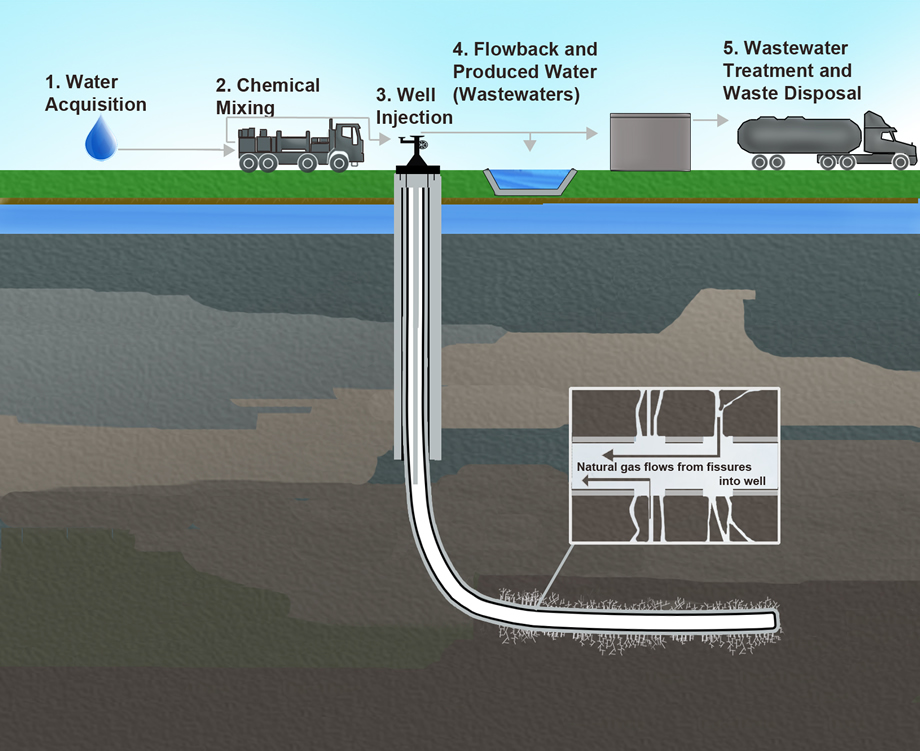By: Russell Gold
Image from Russell Gold
Since I read ALL the time, I thought I would start a mini-series on book reviews. Watch out for more posts like this one! First Impressions:
I love learning about the environment and how energy powers global markets, so this book was an interesting read for me. The book wasn’t strictly about the arduous fracking process; rather, it was the history and politics behind the relatively new natural gas extraction method. The story of fracking and its birth as a controversial issue in global politics was told through anecdotes of energy magnates and experiences of everyday people. For example, the author delved into the scandals of Chesapeake Energy Company as well as the mistakes/successes of George Mitchell, the so-called “father of fracking.” After discussing these juicy topics, Gold would then add a dash of quotidian spice by describing the woes of local farmers and Texan/Pennsylvanian citizens whose quiet land had been taken over by large companies fracking for oil and gas. Overall, I enjoyed this book (although I didn't quite finish it because I ran out of renewals at my local library) and wasn't bored at any point. I often found myself reaching for this book over Italian travel books or National Geographic.Sentence that Summarizes the Book:
Energy companies seem to think that growth is good, and that every resource on this planet needs to be extracted for capital gain. (My second sentence would be: Aubrey McClendon is a reckless and corrupt politician).Important Events and a Quick Summary:
Just to summarize the events in this nonfiction book, I will point out some of the most important topics discussed and analyzed. The book started out with a personal anecdote highlighting the author’s parents. They were one of the many families affected by the invasion of natural gas companies in the recent decade. Large companies, like seagulls attacking innocent tourists with large, juicy hamburgers, noisily ask landowners for the right to “lease” their land so they can drill on the property. The companies keep coming back to these cash-strapped farmers, making the large prices companies are willing to pay for the mineral rights as attractive as new, white Louis Vuitton purses. Gold then proceeded to give a history of fracking, from the sordid boom-towns of the late 1800s to the innovators who threw explosives into wells to loosen the shale and gas underneath. Gold discussed the history of George Mitchell, the fracking tycoon who amassed immeasurable wealth through fossil fuels but was also interested in sustainability. Next, the author touched on the first modern gas well ever fracked successfully; the design was the brainchild of Nick Steinsberger (he decided to inject massive amounts of water at an extremely high pressure into the S.H.Griffin #4 Well). It was successful, and fracking as we know it today was born. To learn more about the actual process of fracking, click here. Devon Energy Company (run by the Nichols family) was one of the first to make use of horizontal fracking, a process that allows impermeable shale to be cracked more easily. Finally, the end of the book mostly discussed the volatile and egotistical nature of Aubrey McClendon, the Chesapeake Energy CEO who gambled exorbitant amounts of money on the potential capital gain of natural gas. McClendon, who ate up the natural gas in the Marcellus and Barnett shale formations, fell from public grace after spending too much money and displeasing his shareholders. Interestingly, he also formed a secret alliance with Carl Pope, the leader of the environmental group, the Sierra Club (a confusion of motives if ever there was one).Overall Message:
The world runs on energy sources, and natural gas has the potential to fuel our globalized economies for many years (but not without tremendous costs to those actually living next door to huge hydraulic fracturing operations).Verdict:
I recommend this book because it would please environmentalists, historians, energy experts, and everyday citizens. This book was not a greenie, hippy, “tree-hugger” novel. It looked at the issue in question in an objective way, and spoke more disparagingly on politics rather than on the consequences of fossil fuel use and global climate change. Although at times some of the writing was technical and difficult to understand, most of the stories were engaging and thorough. However, the author discussed Aubrey McClendon so much that after a few chapters of hearing his name, I was rather uninterested in all the corrupt politics being described. Out of a scale of one to ten, I would give this book an 8.5.Other Books by this Author?
He has written on energy for the Wall Street Journal. Read his articles here.
Fracking Diagram


No comments:
Post a Comment